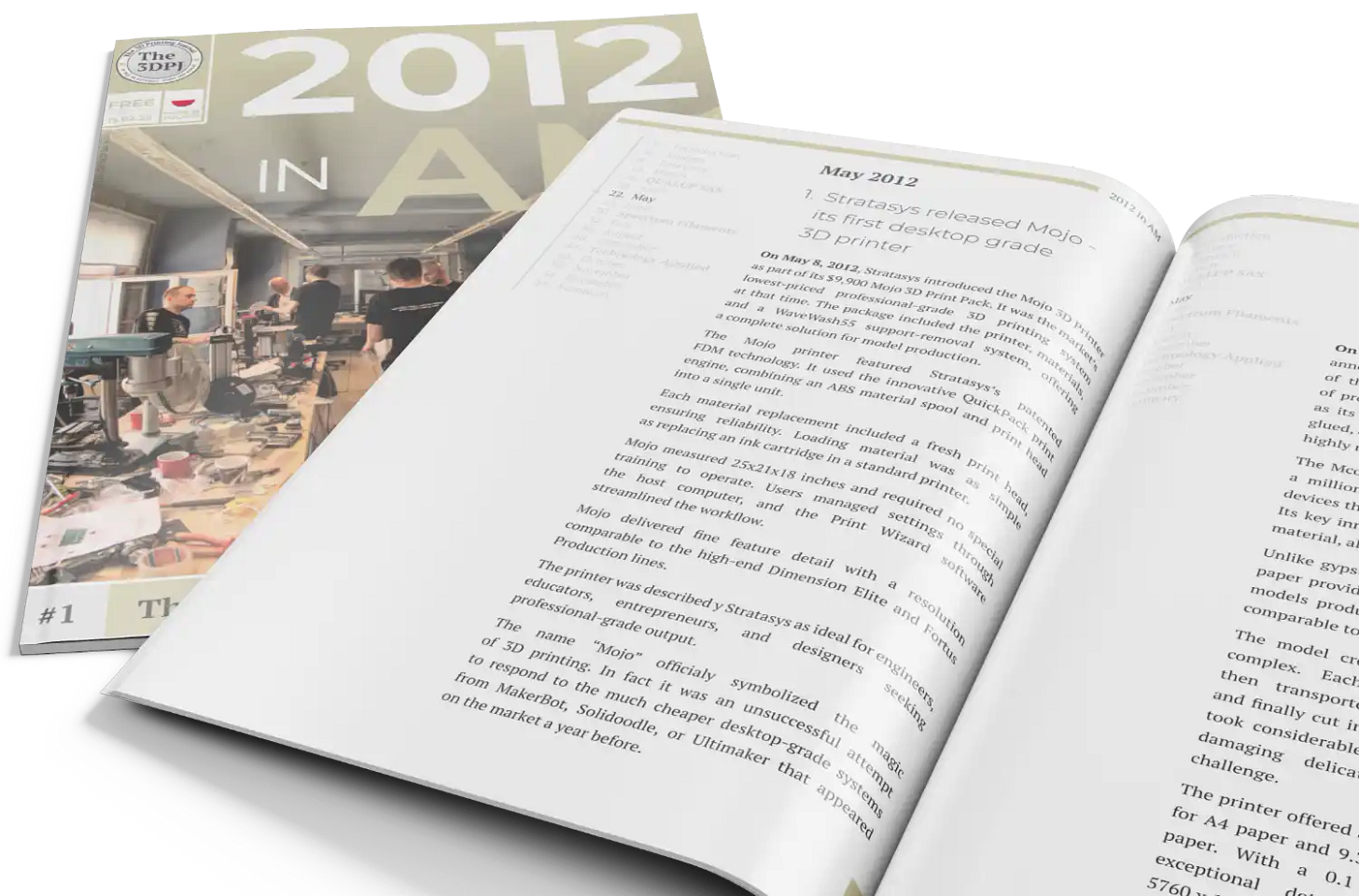The Chinese approach to software development – another battlefield for Western companies?
The Atomic Layers: S7E19 (00197)
Atomic Layer of the Day:
Yesterday, I shared some thoughts on Elagoo and its new, very Soviet-style pricing policy for the Centaurii series 3D printers—“sell much cheaper than the competition, and we’ll worry abot the rest later…”
Later, I had several discussions with few AM colleagues, including talks about the pricing of plastic and metal parts, where Chinese service providers also offer unbelievably low prices compared to the US or Western Europe.
And then, I stumbled upon a completely unrelated article about the Chinese company NetEase—the publisher of Marvel Rivals, one of the biggest gaming hits of recent months. Apparently, the company earns $130 million per month from the game!
But despite these excellent financial results, they have just laid off the entire team of developers from their U.S. branch.
The Seattle-based studio was part of NetEase’s structure and played a crucial role in the game’s development, focusing on R&D. The American team tested new gameplay mechanics and destructible environments.
Once the game became a bestseller, NetEase’s Chinese headquarters decided to fire the U.S. staff, citing "efficiency optimization." Despite their creative contributions to the game’s mechanics and level design, they were seen as an unnecessary cost.
NetEase assures that the main team in Guangzhou continues working on the game, but Western specialists turned out to be expendable.
This ruthless approach shows how Chinese companies treat Western developers—as tools to achieve a goal rather than long-term partners.
Alright, now let’s change the subject for a moment and go back three months, to the third day of Formnext 2024 in Frankfurt.
You might remember that Germany’s Federal Customs Service (Zoll) raided the booth of VoxelDance, a Chinese AM software provider, as part of an investigation into alleged intellectual property violations. The alleged victims were netFabb, nTop, and Materialise. While the case is still under investigation and the charges remain unproven, the incident brutally highlighted the business practices of Chinese tech companies.
And now, here’s my takeaway…
The VoxelDance and NetEase stories share a common theme: Chinese companies leverage Western talent and technology to gain a competitive edge in global markets—but not always ethically or fairly.
In VoxelDance’s case, it’s about intellectual property violations, which are still under investigation. In NetEase’s case, it’s about using Western developers to build a game and then discarding them once they were no longer needed.
Both situations demonstrate how Chinese companies treat Western developers as disposable assets. In software, as with VoxelDance, this can lead to copyright disputes. In gaming, as with Marvel Rivals, it means zero loyalty to employees who contributed to a product’s success.
Chinese companies prioritize short-term profits over long-term relationships and business ethics. For Western developers, this is a warning sign: working with Chinese firms may come with the risk of losing IP rights, job stability, or recognition for their contributions.
Atomic Layer from the Past:
02-19-2013: 3Doodler debuted on Kickstarter, launching its successful global career.
GET FREE HISTORY BOOK: ‘2012 in AM’
News & Gossip:
nTop has acquired cloudfluid, a German CFD software company. cloudfluid’s GPU-native solver enables rapid, accurate fluid flow analysis without complex meshing. This integration advances applications in aerospace, defense, and turbomachinery, accelerating designing in propulsion, aerodynamics, and thermal management while improving simulation data for machine learning-driven design optimization.
3D Systems announced upcoming premiere of the NextDent 300 MultiJet 3D printer at LMT Lab Day 2025, alongside innovations in night guards and direct printed aligners. The new system enables rapid, fully cured denture production. General availability is expected in Q3 2025, with expanded dental applications launching later in the year and beyond.
ADDiTEC launched the AMDROiD X Laser DED system at MILAM 2025, targeting defense, energy, and emergency response. Featuring a portable, self-sustaining design with solar-powered storage and integrated gas supply, it enables on-demand metal manufacturing and repair. The system supports stainless steel, aluminum, and copper, with high-speed printing and advanced multi-axis capabilities.



